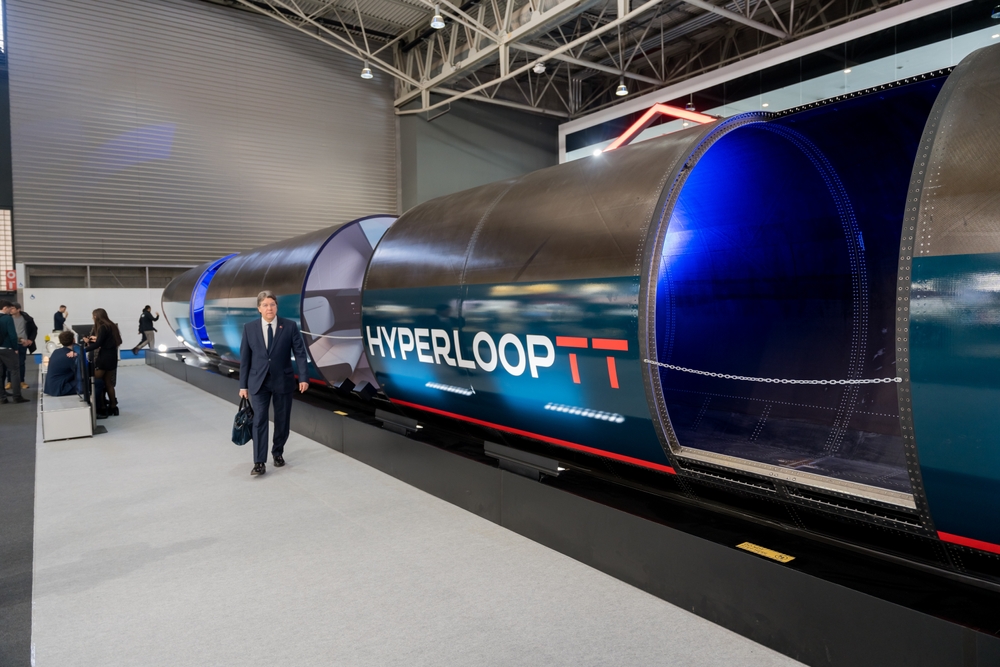The proposed transatlantic tunnel would span over 5,500 kilometers.
Others are reading now
Connecting two continents with an undersea tunnel sounds like a page from science fiction.
Yet, as technology evolves, so does the ambition to make such ideas possible.
Linking London and New York in just one hour could redefine transportation, offering a glimpse into a faster and greener future. But this vision comes with staggering costs and challenges.
The proposed transatlantic tunnel would span over 5,500 kilometers, making it the longest and most expensive infrastructure project in history, according to Digi24.
Also read
Estimated to cost $20 trillion, it dwarfs projects like the Channel Tunnel, which connects England and France and took six years to build.
At this pace, completing the transatlantic tunnel would take centuries.
Hyperloop Technology Could Change the Game
Engineers propose using hyperloop technology to make the tunnel feasible. By creating a vacuum inside the structure, pressurized trains could travel at speeds of up to 5,500 kilometers per hour.
This would slash the travel time between London and New York to a single hour. Unlike traditional trains, hyperloop systems eliminate air resistance, allowing for unprecedented speeds.
The concept isn’t just about speed. Hyperloop travel would also be more eco-friendly than flying, offering a sustainable alternative for transatlantic transportation.
Reducing reliance on planes could significantly cut carbon emissions, a vital step in combating climate change.
Challenges that Loom Large
The technical and financial obstacles are enormous.
Building such a tunnel would require innovative designs, with suggestions ranging from submerged tubes resting on the ocean floor to floating tunnels anchored by cables.
Maintaining safety and ensuring the project’s stability in deep-sea conditions would also demand cutting-edge solutions.
Despite these hurdles, proponents believe the tunnel could become a global game-changer.
The ability to cross the Atlantic in an hour might reshape trade, travel, and human connectivity on an unprecedented scale.

